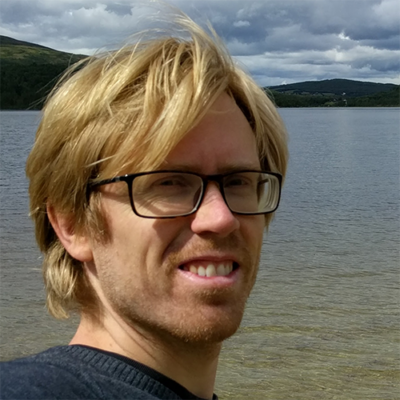Prof. Søren Hauberg
At the 10th International Summer School on AI and Big Data, Prof. Søren Hauberg will give a presentation oin the field of Mathematical foundations of AI.
Talk: Reparametrization invariance, identifiability and representation learning
Differential geometry can ensure that latent representations learned from generative models can become invariant to reparametrizations. Geometry provides us with well-defined and well-behaved tools for interpolation and statistical analysis on the learned manifolds, and provides a principled solution to the identifiability problem that plagues many generative models. While the geometric approach is elegant it comes with a steep learning curve as the literature is developed from a mathematical rather than applied perspective.
In this tutorial we first develop the classic differential geometry needed to understand deterministic manifolds, and then show how this applies to the stochastic setting. We show how to turn the mathematical concepts intosimple algorithms that allow for principled data analysis over learned manifolds.
Bio
Søren Hauberg is a professor in the Section for Cognitive Systems at the Technical University of Denmark. He received his PhD in computer science from the University of Copenhagen in 2011. During his PhD he spent 6 months as a visiting scholar at UC Berkeley working with Ruzena Bajcsy. Prior to pursuing a PhD he worked as a “digital lumberjack” in the startup Dralle A/S. Hauberg was a postdoc for two years at Perceiving Systems at the Max Planck Institute for Intelligent Systems working with Michael Black. In 2013, he was the sole computer science recipient of the Sapere Aude Research Talent award from the Danish Council for Independent Research, and in 2016 he was the sole computer science Villum Young Investigator. In 2017 he was further awarded a starting grant from the European Research Council. In 2018, he joined the Young Scientists community under the World Economic Forum, and was in the process named one of “10 of the most exciting young scientists working in the world today.” In 2024, he recieved the ERC Consolidator grant from the European Research Council.
Søren Haubergs research interests lie in the span of geometry and statistics. He develops machine learning techniques using geometric constructions, and works on the related numerical challenges. He is particularly interested in random geometries as they naturally appear in learning.



